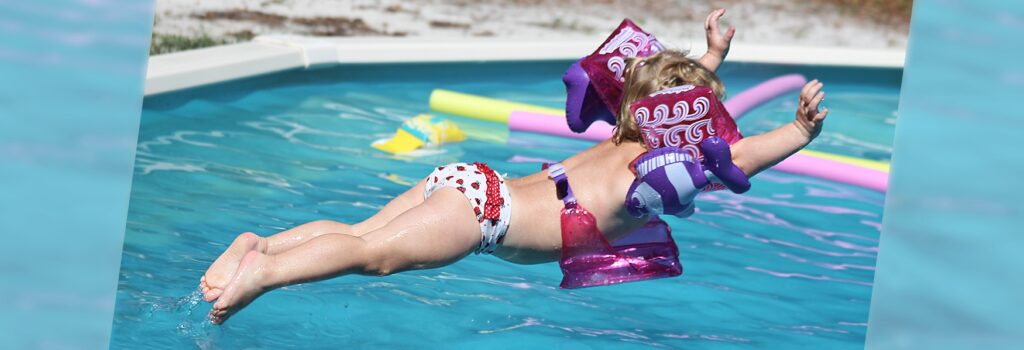Even the most confident, optimistic and brave of expat children are likely to experience culture shock when moving to a new country. Recognising and understanding the adaptation phases can be reassuring for both parents and children.
From honeymoon to disorientation
It usually starts off so well: Many kids can’t wait to start life abroad, excited by prospects like a hot climate, a bigger bedroom, or a swimming pool in the garden. Others have a holiday feeling wash over them once they’ve said their goodbyes and arrive at the new location. However, the excitement inevitably wears off and the reality of living in an unfamiliar culture sinks in. Children may become exceptionally fatigued and worried about making mistakes. Sometimes they’ll even revert back to an earlier stage in their development; they might start to wet the bed again, suck their thumb, or become more dependent.
Denial and frustration
Fortunately, children will get their energy back. However, they’ll initially use it to fight the change: if your daughter was allowed to wear make-up at her old school, for example, she’ll try to continue this habit even if it’s not allowed at her new school. This is annoying, yet understandable: she’s hanging on to her old frame of reference – the only one she has. Denial is followed by frustration: children can become incredibly obstinate – everything about their new life is wrong. This can be very difficult for parents. You may start to doubt your decision to move abroad. But don’t worry: the frustration eventually passes too.
Integration and bi-cultural phase
Step by step, your child will learn to adapt and become less afraid to let go of old habits. They’ll still make comparisons between ‘old’ and ‘new’, but customs in the new country will now be seen as ‘different’ rather than ‘stupid’. Eventually, the comparing stops altogether and your child may be able to shift effortlessly back and forth between two cultures, unaware they are doing so. A new equilibrium is reached.
Emotional support
“It’s important to remember that your child’s adaptation process won’t be linear, or in sync with your own. You may still be in the honeymoon phase while your eleven-year-old is in complete denial,” says cultural coach Karlijn De Broeck, who helps expat partners deal with the cycles of change. “The better expat families understand the phases and recognise the emotions, the better they will be able to cope with culture shock and support each other.”
This article was originally published for the thousands of expat partners that Global Connection supports around the globe. It is reproduced here in its original form.
Photo: Richard Elzey – Flickr





